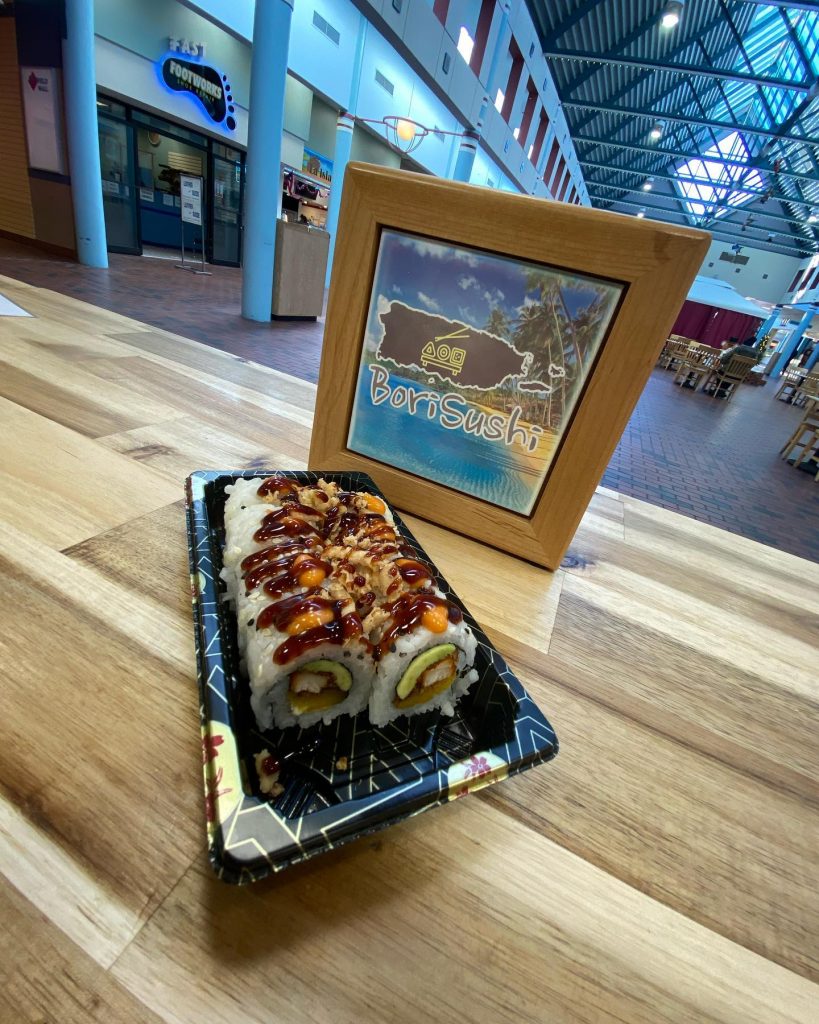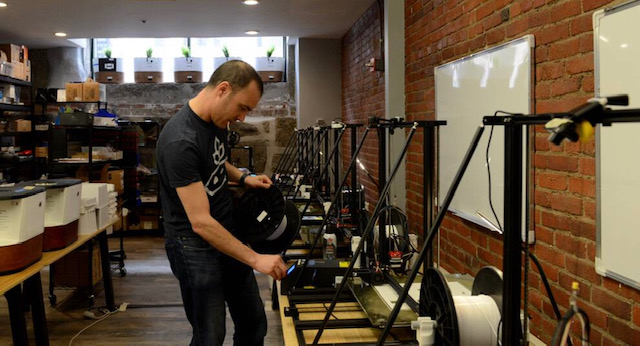Business owners and local leaders celebrated the opening of 16 new businesses at the Eastfield Mall in Springfield on Tuesday, all Hispanic-Latino-owned.
Borisushi, a self-described Latin-style sushi restaurant, was among the businesses celebrated by the Massachusetts Latino Chamber of Commerce at the ribbon-cutting ceremony and given citations from the Massachusetts Senate.
“The resurgence of the Eastfield Mall from Latino and Black-owned businesses sets the tone for transitioning malls, shopping plazas, and downtown storefronts all over Springfield and Massachusetts. The pandemic has only increased the motivation for our community to take the leap and become their own boss as business owners,” said Andrew Melendez, Director of the Massachusetts Latino Chamber of Commerce.

Photo Courtesy: BoriSushi
In all, there are 22 Hispanic-Latino-owned businesses at the Eastfield Mall. The feat comes amid statistics that show Hispanic-Latino businesses in Massachusetts lag behind the national average.
Hispanics-Latinos and the Black community make up more than a fifth of the state’s population but own just over 3 percent of businesses with employees — less than half the national rate of Hispanic-Latino and Black business ownership, according to a U.S. Census survey of entrepreneurs released in 2018.
GBH News reports that if the self-employed are factored in, Hispanic-Latino and Black people own about 9 percent of all businesses in the state, also less than half the national average, according to the Census survey in 2012.
Part of the problem is that Hispanic-Latino businesses face higher demands for collateral from lenders and are turned down for loans more often than their white counterparts.
SUGGESTION: Latino Entrepreneurs, Often Shunned By Banks, Band Together To Build Their Businesses

In a December study, the consulting firm McKinsey found that “Latinos have the lowest rate of using bank and financial institution loans to start their businesses compared with other racial and ethnic groups,” rely more on personal funds and receive a tiny fraction of the billions of dollars invested each year by venture capital firms.




